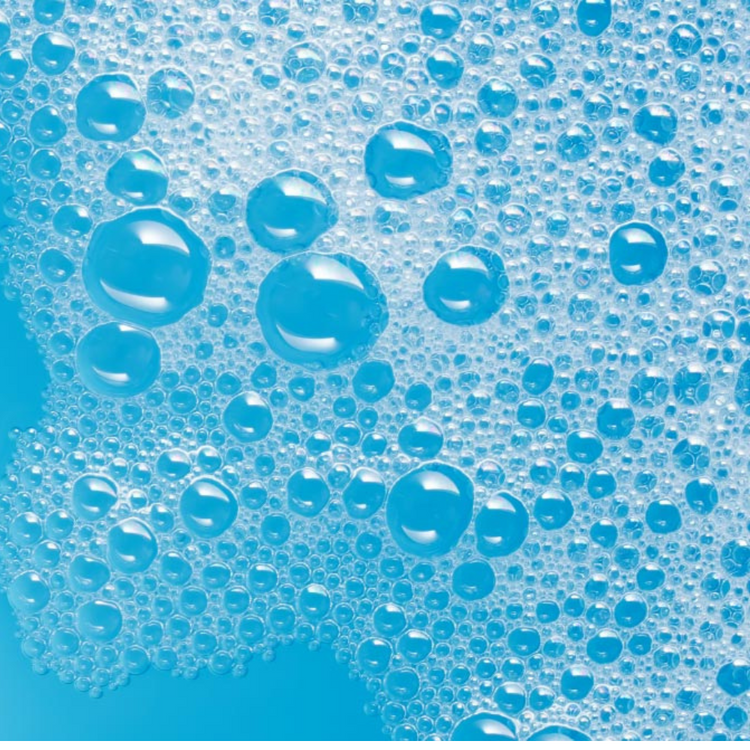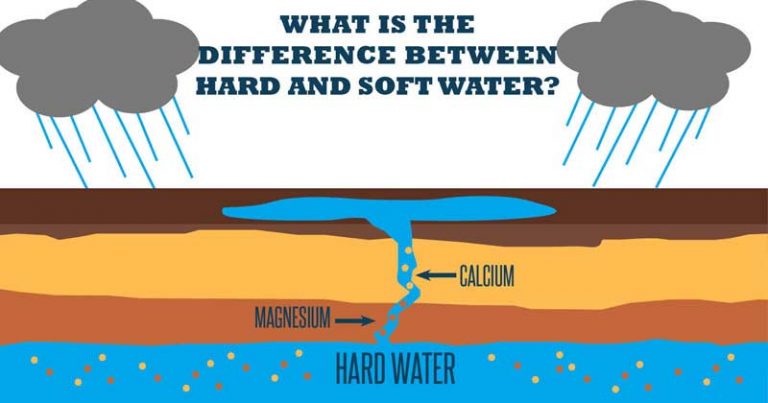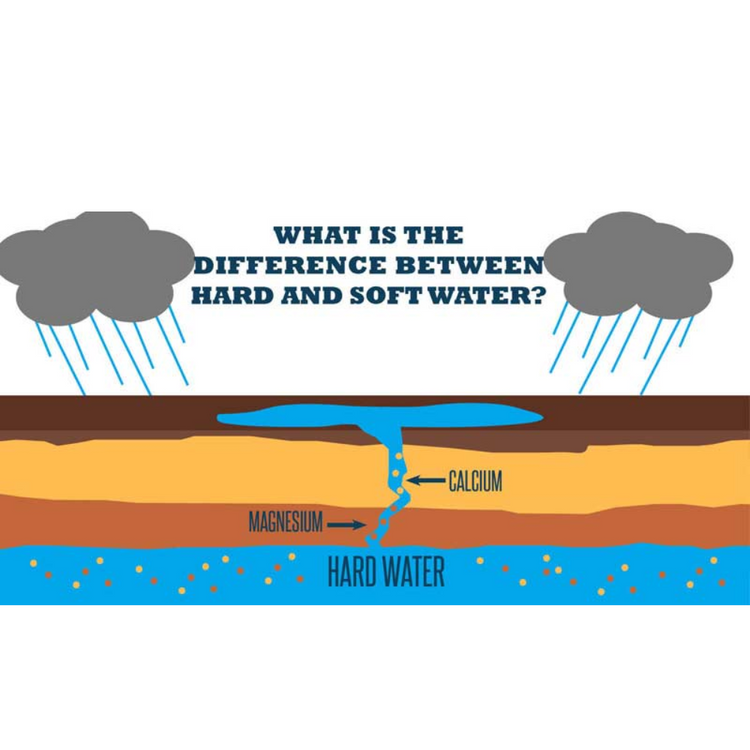Collection: Water Hardness Checker


Water Hardness in Ireland
Ireland has very hard water with the counties like Meath, Laois, Dublin, Offaly, Waterford, Carlow among the worst affected.
Water having mineral concentration greater than 200 PPM mg/L would be considered as hard water. Based on the levels of water hardness in your area, you might experience varying effects on your appliances, skin, and hair.
What is hard water?
As a go-to water treatment experts in Ireland, we often get asked the question “What is hard water?” on a regular basis. So, we decided to create this free online hardness checker tool that would tell you if you are living in an area with excessive water hardness.
Water containing high levels of dissolved natural minerals such as calcium and magnesium is called as hard water. Rain water is naturally ‘soft water’ and typically contains very low levels of minerals.
Calcium carbonate (CaCO3) is a naturally occurring element in the earth’s crust in the form of limestone, marble, and chalk.
The abundance of rain water in Ireland seeps into the ground, in turn picking up these minerals. The presence of these minerals in water hardens it.
Water hardness in not a major health concern, however, can be an extremely expensive ordeal when the limescale build up leads to breakdown or equipment failure.


Does your house have hard water or soft water?
You can’t simply tell by looking at water if it’s hard or soft. How the water feels on your skin and what it does to your appliances can be a tip-off.
Signs of hard water include:
- Itchy Skin
Soap and shampoo do not wash away easily with hard water often leaving a scum. You may even have to wash your hands longer to remove that completely. The scum often deposits as a fine layer on your skin which can cause dry skin, irritation and itchy skin.
- Spots
If you have hard water in your home, you’ll definitely notice white spots on your silverware. These spots are a result of calcium carbonate deposits.
- Faded Laundry
Your detergent is no exception when it comes to hard water. Clothes washed in hard water look dingy and don’t feel completely clean. Often accompanies with fine residue, the clothes feel itchy as well.
- Low Water Pressure
And finally, a noticeable sign to detect hard water is decreased pressure from faucets. This is most likely the result of limescale build up in pipes that prevents water from flowing freely.
No matter what, the surest way to know if you have hard water flowing in your house is to get a water test done as it only makes sense to know what you are treating before you decide to buy a water softener.
If your home water is supplied by a private well, a water test will reveal if you have any other contamination from iron, manganese, or bacteria. If that be the case, you will likely require a specialized well water treatment system.
